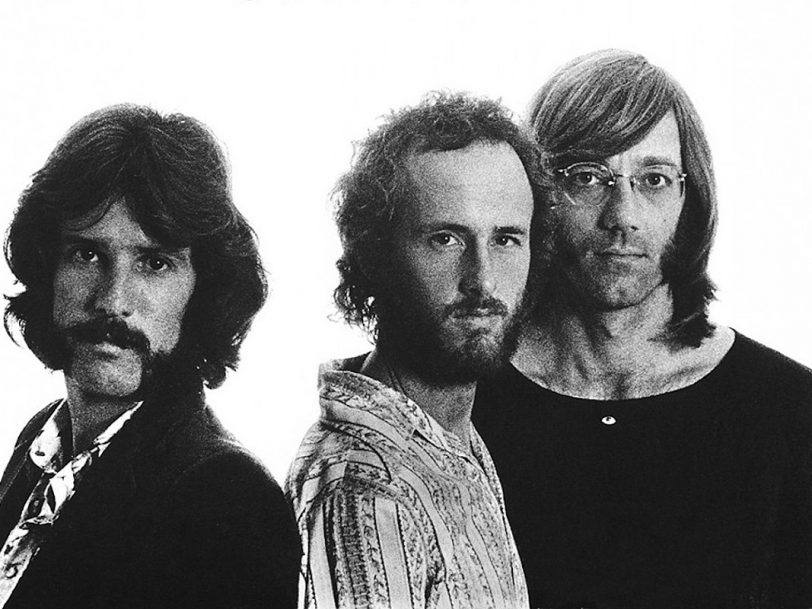Aside from the personal tragedy involved, Jim Morrison’s death, in July 1971, threw his bandmates’ immediate futures up into the air. Many questioned whether Ray Manzarek, Robby Krieger and John Densmore could even continue as The Doors, but the surviving trio believed they could, and they issued the first of their two post-Morrison albums, Other Voices, as quickly as possible in the autumn of 1971.
Listen to ‘Other Voices’ here.
“Finding a replacement would be impossible”
It wasn’t a decision they took lightly. After all, the group hadn’t just lost one of the most charismatic frontmen of their generation, they’d also lost a dear friend. However, with their final Morrison-fronted album, LA Woman, having slayed the critics and still riding high on the US charts, The Doors also remained in demand. Indeed, during their singer’s fateful sojourn in Paris, Manzarek, Krieger and Densmore had been working up new songs for when he returned. Even when he failed to do so, the trio felt the music wasn’t quite over.
“I did feel it was compromising our integrity and loyalty to keep the original band name,” Densmore reflected in his memoir, Riders On The Storm. “But when I kept prodding Ray and Robby about what to call ourselves during rehearsals, Ray said, ‘We are The Doors, with or without Jim,’ so we went with it. However, the three of us figured finding a replacement would be impossible, so Ray and Robby sang on Other Voices.”
“It was an enormously ballsy move”
The Doors briefly considered recruiting a new vocalist (Iggy Pop was reportedly among the contenders) but, as Densmore says, they eventually recorded Other Voices as a trio in the months immediately following Morrison’s death. The group did, however, further broaden their palette by bringing in several additional studio musicians – most notably bassist Jerry Scheff and rhythm guitarist Marc Benno, both of whom had already made significant contributions to the LA Woman sessions.




